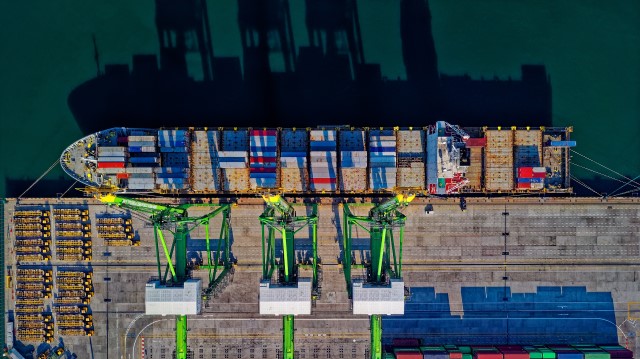Strategies and Best Practices for Selecting Trustworthy Overseas Suppliers
In the import-export business, finding reliable overseas suppliers is crucial for ensuring the quality, reliability, and competitiveness of your products. This article explores different strategies and best practices to help you identify and select trustworthy overseas suppliers. We will cover essential steps such as conducting due diligence, assessing product quality, negotiating contracts, and building long-term supplier relationships.
Conducting Due Diligence: Before engaging with an overseas supplier, it is essential to conduct thorough due diligence to ensure their credibility and reliability. Research their background, reputation, and financial stability. Look for online reviews, testimonials, and ratings from other customers. Verify their business licenses and certifications. Consider partnering with a local trade association or engaging professional due diligence services to gather comprehensive information about the supplier.
Assessing Product Quality: Ensure that the overseas supplier maintains consistent product quality standards. Request samples or visit their production facilities if feasible. Evaluate the samples for quality, functionality, and compliance with relevant standards and regulations. Consider conducting third-party quality inspections and audits to validate their manufacturing processes and quality control procedures. This step is crucial for ensuring that the products meet your customers' expectations and comply with any regulatory requirements.
Negotiating Contracts: Negotiating clear and comprehensive contracts is vital to protect your interests and establish a strong working relationship with the supplier. Clearly define product specifications, quality control measures, delivery schedules, pricing terms, payment methods, and dispute resolution mechanisms. Include provisions for intellectual property protection, confidentiality, and non-disclosure agreements if necessary. Engage legal expertise to ensure the contract aligns with international trade laws and regulations.

Building Long-Term Supplier Relationships: Establishing a long-term relationship with trustworthy overseas suppliers can lead to mutually beneficial outcomes. Regular communication and relationship building are key. Maintain an open line of communication to discuss concerns, share feedback, and address any issues promptly. Consider visiting their facilities periodically to strengthen the relationship and gain firsthand insights into their operations. Building trust and fostering a collaborative approach can lead to better product quality, improved service, and more favorable terms in the long run.
Continuous Monitoring and Evaluation: Once you have established a relationship with an overseas supplier, it is crucial to continuously monitor their performance. Regularly assess their adherence to quality standards, on-time delivery, and responsiveness to you
r requirements. Maintain visibility into their financial stability and production capacity. Monitor market trends and competition to ensure their pricing remains competitive. Be prepared to take necessary actions if the supplier's performance falls below expectations, including seeking alternatives if required.
Conclusion: Selecting trustworthy overseas suppliers is a critical aspect of successful import-export business operations. By conducting due diligence, assessing product quality, negotiating contracts, and building long-term relationships, you can mitigate risks and ensure reliable and high-quality supplies. Remember that investing time and effort upfront to select the right suppliers will pay off in the long run, leading to smoother operations, customer satisfaction, and business growth.
Tags: sourcing overseas suppliers